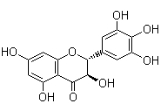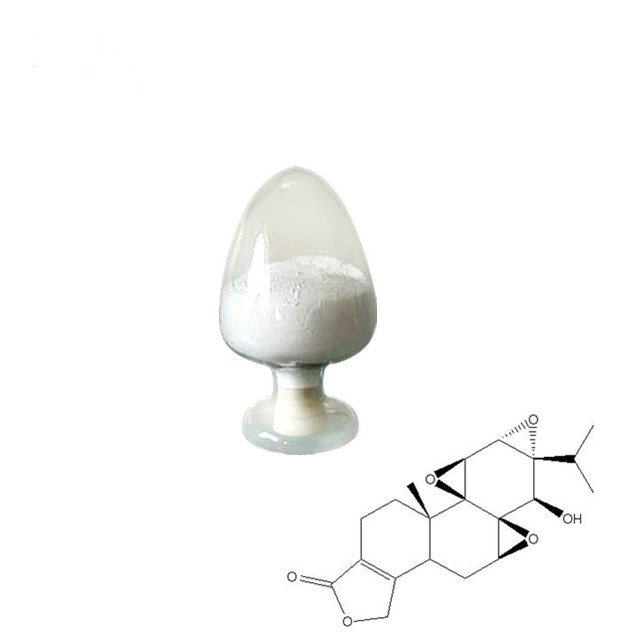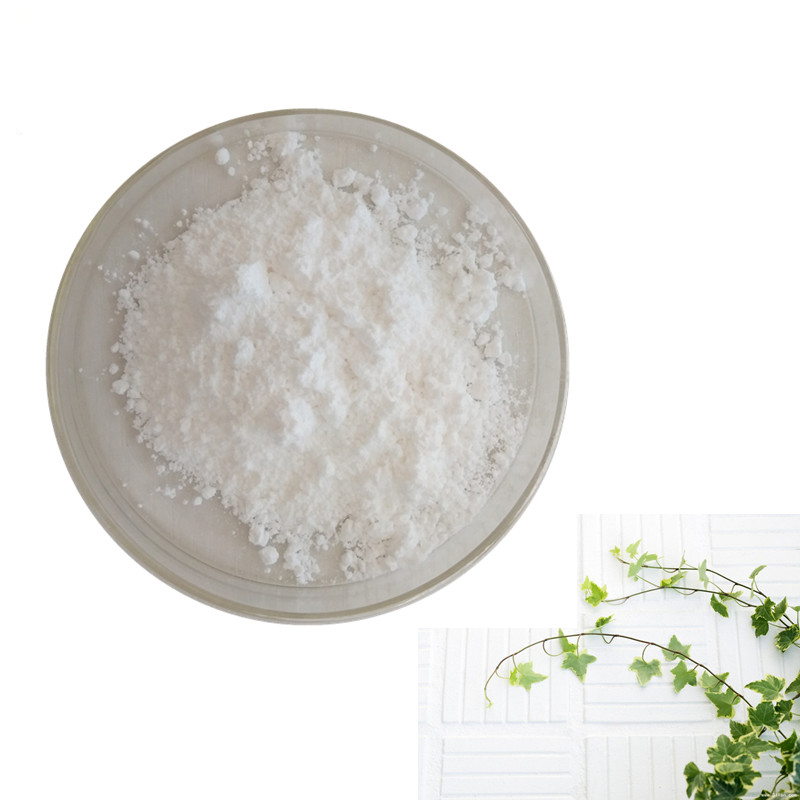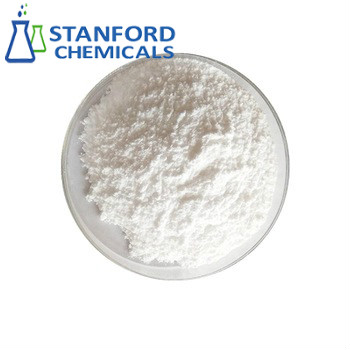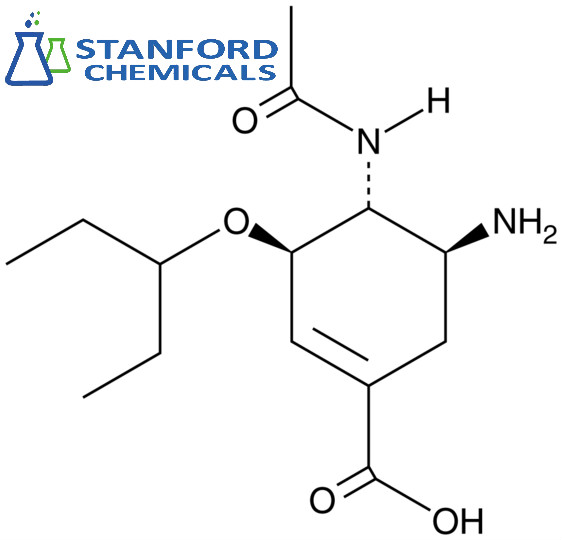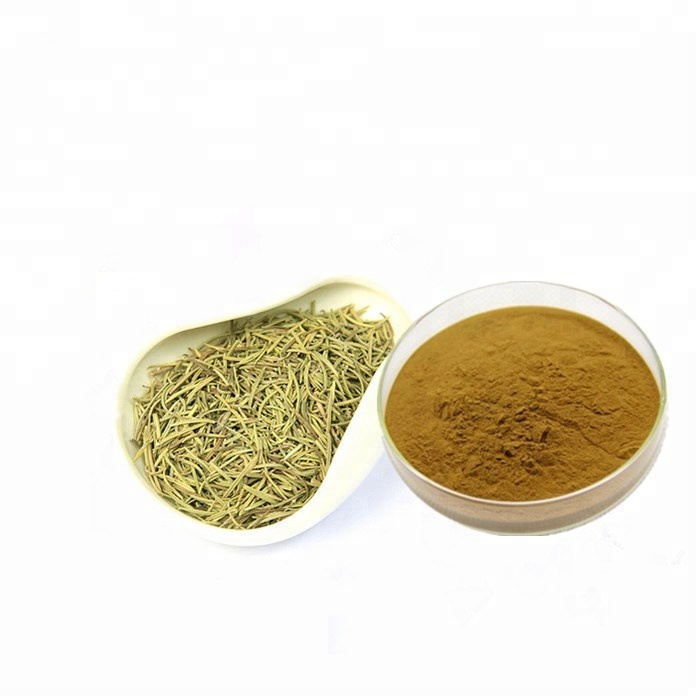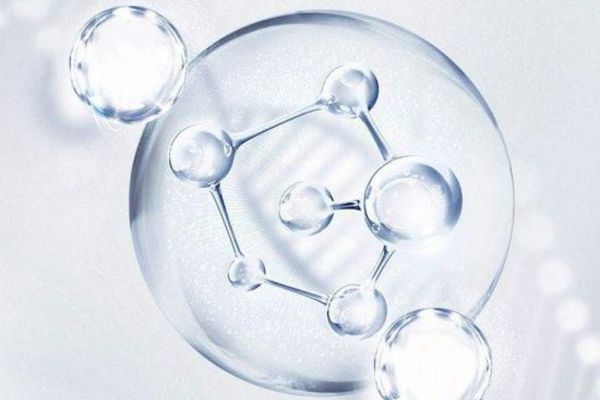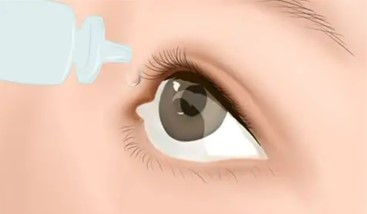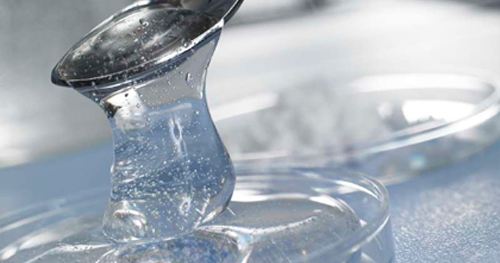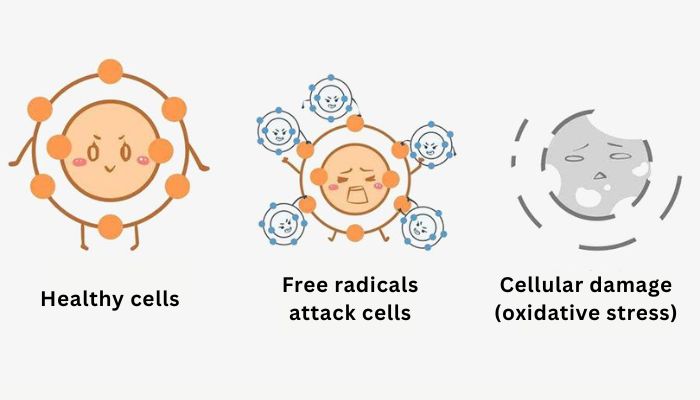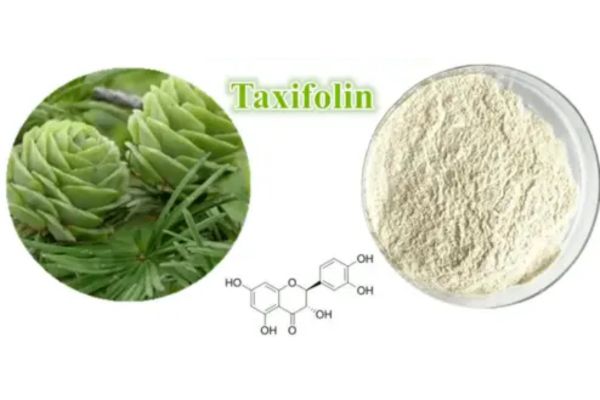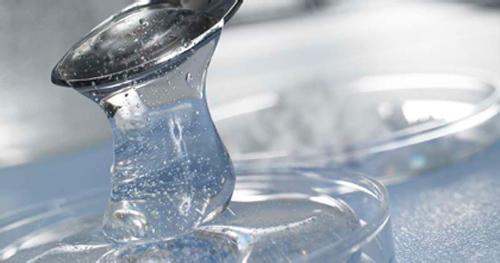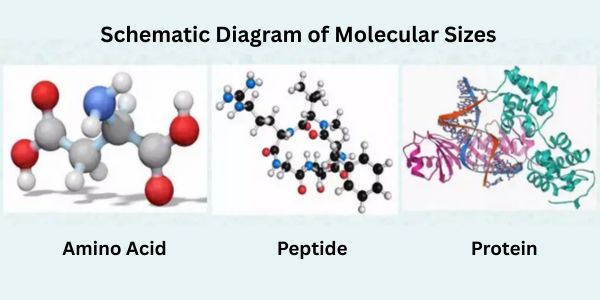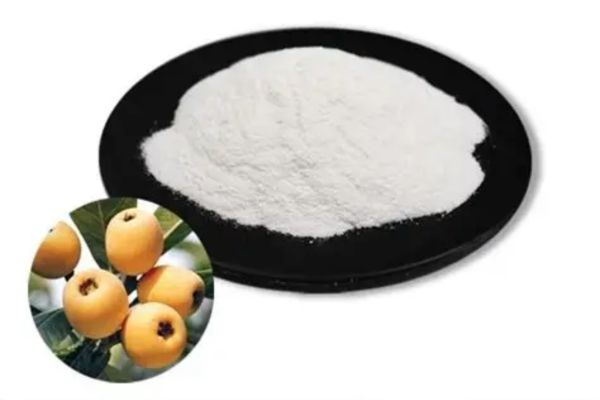Introduction
Finding the right skincare ingredients can feel like navigating a minefield, especially for those of us with acne-prone skin. We're on a perpetual quest for products that promise hydration without exacerbating our acne. Enter hyaluronic acid (HA) powder, a skincare ingredient that's been getting a lot of buzz. But is it suitable for acne-prone skin? Let’s discuss the details. 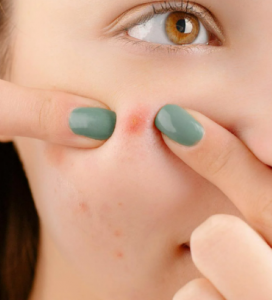
What Is Hyaluronic Acid?
Hyaluronic acid is a naturally occurring substance in our skin, known for its stunning ability to hold up to 1000 times its weight in water. This superhero ingredient helps keep our skin hydrated, plump, and youthful-looking. When we talk about HA in powder form, it's essentially a dehydrated version that, when reconstituted, offers all the hydrating benefits of its liquid counterparts but with the flexibility of dosage and application.
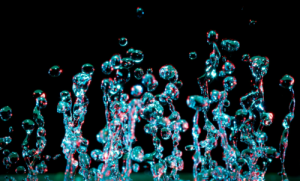
Is Hyaluronic Acid Powder Ideal for Acne-Prone Skin?
Acne-prone skin often suffers from a paradoxical combination of excess oil and dehydration. This imbalance can lead to increased oil production, clogged pores, and ultimately, more acne. Here's where hyaluronic acid powder steps in. It provides the skin with much-needed hydration without adding any oily residue or weight, making it an ideal ingredient for those battling acne. --Benefits of Hyaluronic Acid Powder for Acne-Prone Skin Hyaluronic acid powder offers a variety of advantages for acne-prone skin:
- Hydration without Heaviness: HA powder attracts and retains moisture in the skin without contributing to an oily complexion. This hydration is crucial for repairing the skin's barrier, making it less susceptible to acne-causing bacteria and irritants.
- Soothing Effects: Beyond its hydrating capabilities, hyaluronic acid has natural soothing properties that can help reduce skin redness and irritation, often associated with acne breakouts.
- Enhancing Skin Barrier: A healthy skin barrier is essential for keeping out harmful bacteria and pollutants that can exacerbate acne. HA powder strengthens this barrier, providing an extra layer of protection for your skin.
- Supports Skin Healing: The anti-inflammatory properties of hyaluronic acid are beneficial in soothing irritated skin and reducing redness associated with acne. Additionally, by promoting a healthier skin barrier, HA aids in the skin's natural repair process. This accelerates the healing of existing acne lesions and can contribute to a reduction in acne scarring over time.
How to Incorporate HA Powder into Your Skincare Routine?
Incorporating HA powder into your skincare regimen is straightforward. You can mix it with your favorite serum or moisturizer to enhance its hydrating properties. Apply it to damp skin to lock in moisture effectively. Remember, a little goes a long way, so start with a small amount and adjust as needed. Transformations: Real-Life Hyaluronic Acid Successes Let’s continue to explore the multiple benefits of hyaluronic acid with specific cases and reports. The following real-life transformations achieved through cutting-edge HA-based treatments for acne scarring showcase the ingredient's potential in both preventive care and targeted cosmetic interventions.
- Background: Acne scarring, a widespread and complex aesthetic concern, often necessitates the use of various treatment methods. A novel strategy employing microdoses of a low-viscosity, non-animal sourced hyaluronic acid (NASHA) dermal filler injected into the mid-to-superficial layers of the dermis shows promise for enhancing the appearance of depressed acne scars.
- Materials and Methods: A group of twelve patients, each with moderate to severe acne scarring who had previously undergone a series of fractional laser resurfacing treatments, received microinjections of a 20 mg/mL hyaluronic acid (HA) gel directly into specific depressed acne scars on their faces.
- Results: All treated lesions displayed immediate visual improvement post-treatment. The procedure was received well by patients, with adverse events limited to minor, transient pinpoint bleeding at the sites of injection.
- Conclusion: The technique of microinjecting low-viscosity HA into depressed acne scars is an effective and valuable method for treating these types of scars, offering immediate enhancements in their appearance. [1]
It is also reported that Hyaluronic Acid Fillers (HAF) enhance aesthetic appeal while offering promising therapeutic benefits in facial rehabilitation. This is supported by a thorough review of literature conducted up to December 2022, which examined a wide range of clinical studies.
The findings reveal the effectiveness of HAF in addressing various conditions, including facial asymmetry, different types of scars, jawline refinement, earlobe repair, periocular and oral enhancements, nasal obstructions, and morphea en coub de saber.[2] Conclusion For those of us with acne-prone skin, hyaluronic acid powder offers a beacon of hope. Its unique ability to provide intense hydration without clogging pores or adding oil makes it an invaluable addition to any skincare routine. Whether you're battling constant breakouts or looking to improve your skin's overall health, HA powder might just be the ingredient you've been searching for.
Have you tried hyaluronic acid powder in your skincare routine? We'd love to hear about your experiences! Let's have a better experience in the treatment of acne with Stanford Chemicals (SCC) for clearer, healthier skin together!


